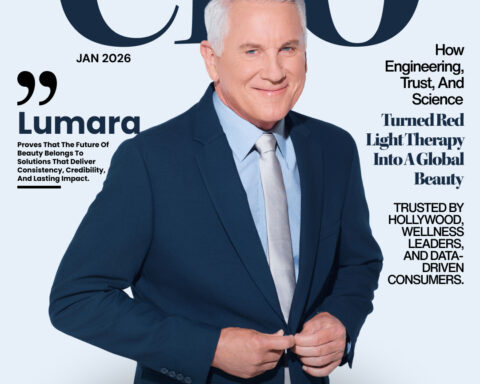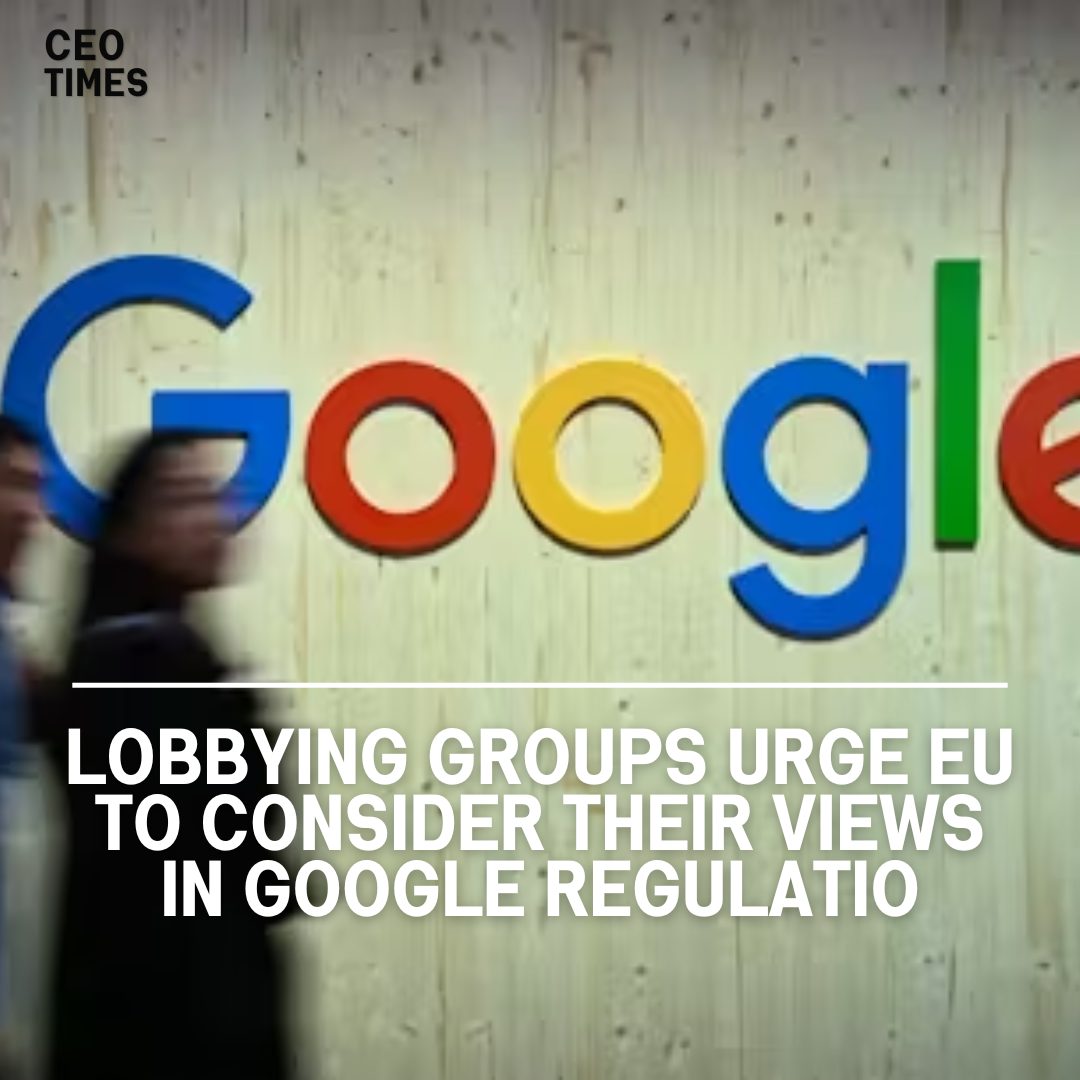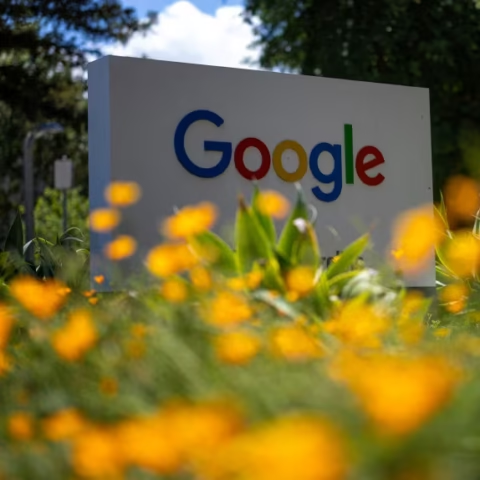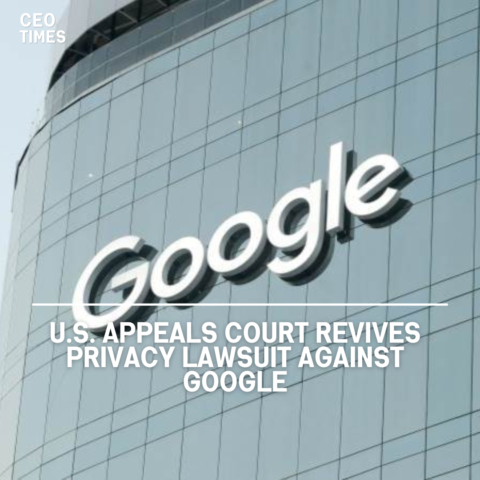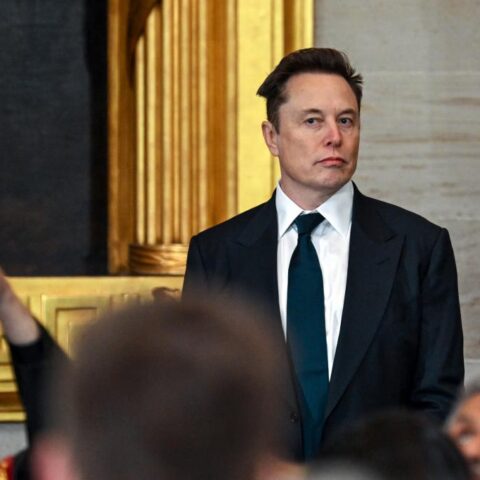Lobbying groups representing airlines, hotels, and retailers have urged European Union tech regulators to ensure that Google considers their views, not just those of large intermediaries when making changes to comply with landmark tech rules.
Key Industry Groups Express Worries:
Airlines for Europe, which includes members like Air France KLM and British Airways owner IAG, along with hotel group Hotrec, European Hotel Forum, EuroCommerce, Ecommerce Europe, and Independent Retail Europe, had expressed their concerns in March about the impact of the new rules.
The EU’s Digital Markets Act (DMA) imposes a list of dos and don’ts on Google and five other tech giants. These regulations aim to give users more choices and give rivals a better chance to compete. However, the groups have voiced concerns that the adjustments required by the DMA could hurt their revenues.
Increased Concerns Voiced in Joint Letter:
In a joint letter dated May 22 to EU antitrust chief Margrethe Vestager and EU industry chief Thierry Breton, these industry groups said their worries have mounted since their initial expression of concern.
“Our industries have serious concerns that currently considered solutions and requirements for implementing the DMA could further increase discrimination,” the letter stated.
Risk to Direct Sales Revenues:
“Initial observations indicate that these changes risk severely depleting direct sales revenues of companies by giving more prominence to powerful online intermediaries due to the preferential treatment they would receive,” the letter continued.
Investigation into Google’s Compliance:
The European Commission, which is now investigating Google for possible breaches of the DMA, did not immediately respond to a request for comment.
In a March blog post, Google said that changes to search results give more traffic to large intermediaries and aggregators and less to hotels, airlines, merchants, and restaurants. It had no immediate comment.
“We are concerned that the non-compliance investigation refers only to the need to treat third-party services in a fair and non-discriminatory manner, without any acknowledgment of European businesses that also offer their services on Google,” the groups added.





